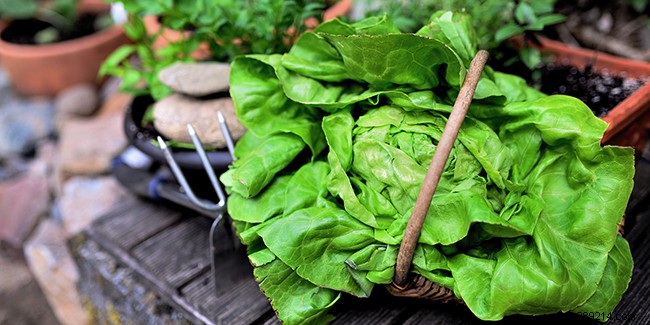
Lettuce graces plates year-round, especially fresh in spring, with its tender green or red leaves. A favorite in home gardens for its crisp flavor, this leafy green originated in Europe and Asia, thriving wild in temperate regions along paths. Beyond its refreshing taste, lettuce delivers essential nutrients that support overall health. Here's what makes it a powerhouse.
Lettuce's light, refreshing crunch makes it a go-to green, but regular consumption quietly nourishes the body with vitamins, minerals, and more. It's particularly rich in vitamin B9 (folic acid), vital for cell renewal. Romaine, leaf, iceberg, and Boston varieties offer the highest levels.
Vitamin A shines in curly leaf lettuce, while romaine and frisée provide vitamins C, E, K. Nutrient-wise, it's packed with iron, potassium, phosphorus, calcium, zinc, and manganese—essentials for energy, bones, and immunity.
Ideal for weight management, raw lettuce clocks in at just 15 kcal per 100 grams (even less when cooked). Heart and outer leaves vary slightly in nutrients, so mixing both ensures balance.
For constipation relief, lettuce's fiber content—15% to 35% soluble—promotes smooth digestion and satiety. Enjoy it in the evening for optimal overnight benefits.
Lettuce soothes intestinal, gallbladder, and liver inflammation, aids urinary retention, and, as a tincture, may lower blood sugar by about 30% in diabetics.
Phenolic compounds in red lettuce shield against free radical damage. Regular intake supplies health-boosting phenolics, beta-carotene, and lutein, potentially reducing cancer risks.
A decoction of 100g leaves per liter of water, sipped as a large evening cup, aids sleep and regularity. For boils or paronychia, apply warm cooked leaves as a poultice for 15 minutes.
Harvest garden lettuce just before eating. Store purchased heads 1-2 days in the fridge's vegetable drawer, wrapped in a lightly moistened freshness bag.
For raw salads, rinse in cold water right before serving and pat dry—avoid early washing. Prevent vitamin C loss from reddish oxidation by not cutting with knives. Add vinaigrette at the last moment.
Lettuce is safe for most, but limit if on vitamin K-interacting anticoagulants (except iceberg). Those with sensitive digestion should moderate due to fiber. Opt for garden-fresh or organic to skip chemicals.